SPOTIFY COULD CURATE MUSIC MUCH BETTER WITH ONE SIMPLE DESIGN CHANGE.
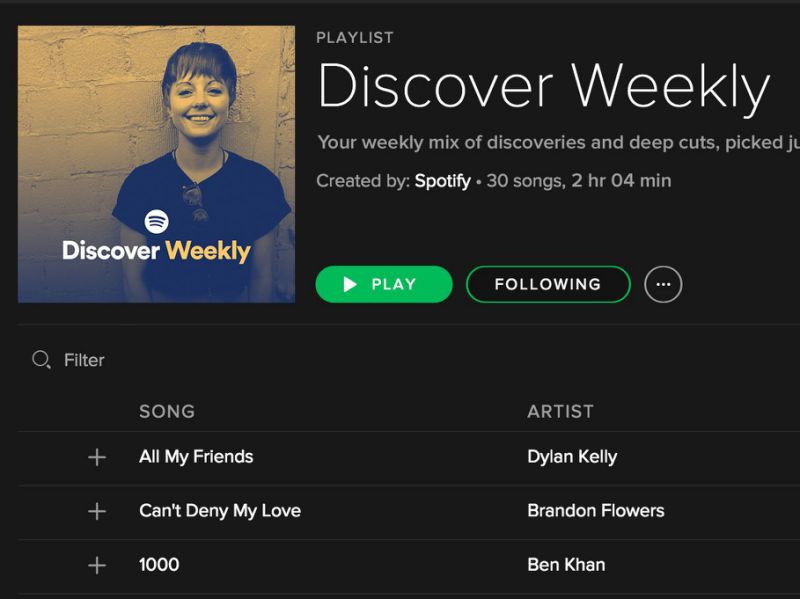
Spotify Discover Weekly Desktop
Spotify's Discover Weekly function is the smartest, most satisfying music curation service I've ever encountered — and many people feel the same way.
Most weeks, I'll let the playlist do its thing, listening to more than a dozen songs — picked just for me — without skipping one. It's the closest thing to magic I know.
But it could be a lot better with one simple change.
My biggest gripe about Discover Weekly is that I can only access it from the home screen in the Browse tab.
If I'm looking at a particular track mid-song in the mobile app, it takes me a few extra taps and several seconds of scrolling to return to the Discover screen. In the grand scheme of things, a few extra seconds and taps aren't much, but for how popular the service is (40 million people use it) the relative amount of effort it requires is just unnecessary.
A better design would make it easier for everyone to reach. My suggestion: Put a Discover Weekly button on every page in the app.
This solution isn't just a matter of preference. It embodies one of the philosophies Spotify says it holds dear: personalization.
According to Matt Ogle, who oversees discovery and personalization at Spotify, the company started mostly as a utility service — a way to find songs you already like — but it has since morphed into a tool for finding out about music you've never heard before.
"A lot of what we do now is for people who love music but aren't self-curating in that way," Ogle tells Tech Insider. "How do we help connect those people to great listening sessions?"
In the long run, Ogle says that answer looks like multiple Discover Weekly playlists, each tailored to life's many contexts: going to the gym, studying, just lounging around on a Sunday morning. People could discover new music that perfectly fits what they like to listen to during a given activity. And, importantly, my "Reading" playlist would be different from your "Reading" playlist.
But those updates are still a long way off.
There have been countless occasions in which I've opened the app as it exists now, scrolled through my playlists searching for songs I haven't grown tired of yet, and wished I had something fresh.
Though I know I'm wholly to blame for this, in these times of despair, I often think about how seamless and satisfying it'd be to have the constant reminder — in the form of a big, prominent button — that new tunes are just one touch away. I'd always remember that, yes, there is a way out of my poorly curated musical reality.
The button I'm advocating for wouldn't necessarily exist forever — just until the company rolls out multiple playlists. And once there are more options, the button could still activate the master Discover playlist; you'd just find the others the normal way.
Ogle says Spotify is also developing voice recognition and working to create the perfect "jumping off points" for listening when users open the app. Instead of everyone seeing the same home screen, for instance, they'd be greeted with individual recommendations based on what genres they normally listen to on, say, at that time of the day or week.
People already do this themselves, Ogle says, "but maybe we can help reduce the friction getting there."
But in the meantime, while Spotify moves toward such a frictionless, personalized future, a shortcut to Discover Weekly would put the company's philosophy of personalization into practice, front-and-center. If the company is truly dedicated to giving people unique sonic experiences, its most beloved feature should be reachable from everywhere.
“There may potentially be huge pockets of people who could be even better individuals for a position that end up being excluded because they aren’t part of a bigger data set,” he said.
Citigroup is testing Koru’s software on small batches of employees in its corporate and investment bank, a spokesman said.
UBS is running an algorithm on digital resumes to identify candidates with preferred traits and is giving those applications priority for interviews, said a person familiar with the bank’s hiring process who was not authorized to speak publicly. It also is using the technology to ensure human reviewers don’t overlook strong applicants.
Goldman is using software developed internally to mine resumes for attributes that reflect desired qualities, such as teamwork, integrity and judgment, according to people familiar with the matter.
It also is exploring personality tests to better understand what traits make the most successful bankers and traders. Applicants take a 20-minute test to measure their thinking style, personal associations and emotional intelligence. Their answers are measured against the broader Goldman employee base.
Goldman still is considering whether it will use the data as part of its broader hiring process, the sources said.
Anthony Onesto - vice president of human resources at Razorfish who is building a robot to help answer HR-related questions within companies - said it was still early days for hiring software.
“We’re still early, and ultimately it’s computers, technology and humans working together,” he said.
for blue colourFollow us on Twitter - @akatechsolution / @smartdevicess
Leave a Comment
Let Millions of People know about your Product(s) / Service(s)
Target a Specific Audience on different News Categories
Our Partners
"Making the simple complicated is commonplace; making the complicated simple, awesomely simple, that's creativity"
- Charles Mingus





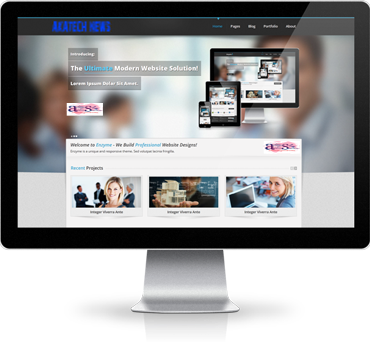




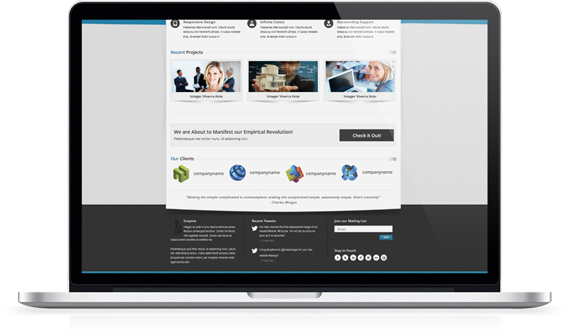
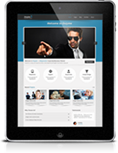


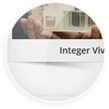

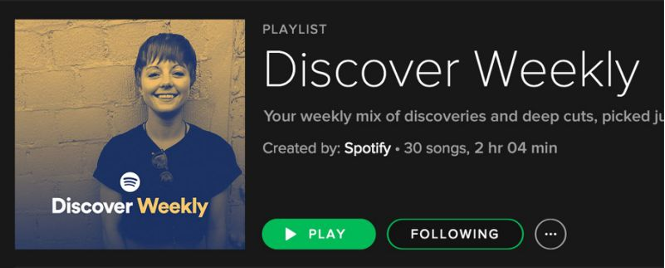





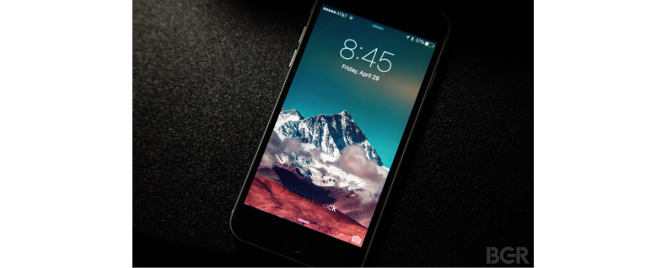




























.png)














